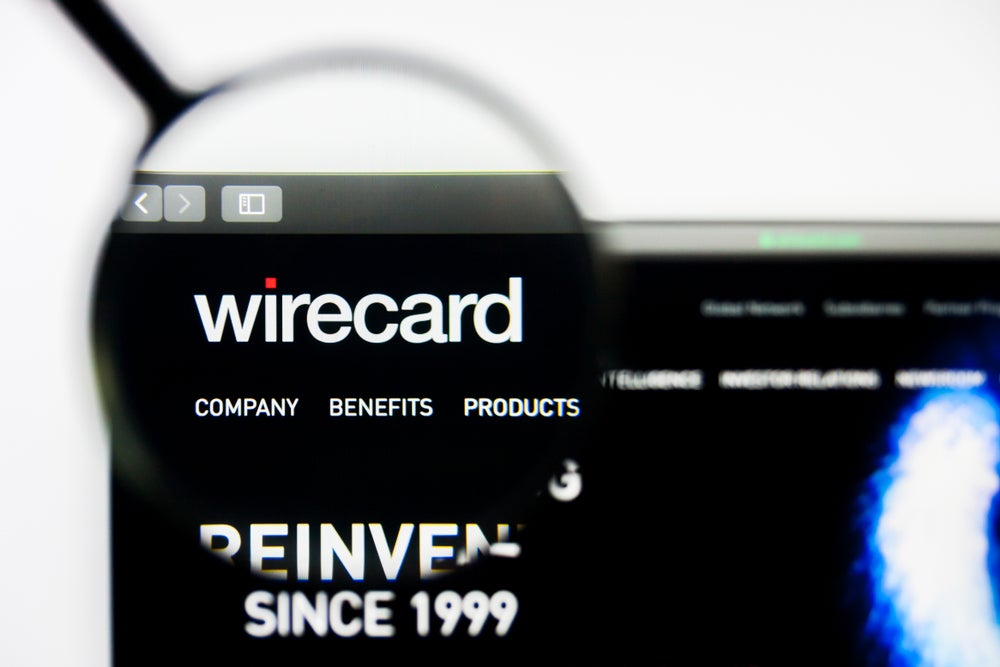
In the latest issue of EPI we have looked at what effect PSD2 and SEPA Instant Credit Transfer (SCT Inst) will have on the card payments business.
The different arguments have been bandied around for a while by various payments bods, so we have tapped some of the more pertinent voices in the fray for their views.
Generally speaking, card payments in highly banked markets – having been well established there for years – will be hard to replace.
Nor is there much sense of urgency around the replacement thereof. It will require a system that meets the same global reach, the same standards and interbank relationships, the same sense of trust and familiarity for both merchants and consumers, the same ubiquity.
The argument that the combination of PSD2, which will provide fertile ground for new payment services to exist, accessing customer account information from their banks, with that of SCT Inst will very quickly create a scenario whereby a customer will share account information at a till to pay the merchant directly from account, remains far-fetched for now. SEPA Instant Credit Transfer is primarily about moving money more easily cross-border, and is long overdue.
Even with all the hype about the rise of mobile payments, this rise has taken place primarily in emerging markets where there has been a notable lack of banking services. Research by our analysis unit has shown a direct correlation between appetite for mobile payment services and a lack of a banking system. It seems to state the obvious.
How well do you really know your competitors?
Access the most comprehensive Company Profiles on the market, powered by GlobalData. Save hours of research. Gain competitive edge.

Thank you!
Your download email will arrive shortly
Not ready to buy yet? Download a free sample
We are confident about the unique quality of our Company Profiles. However, we want you to make the most beneficial decision for your business, so we offer a free sample that you can download by submitting the below form
By GlobalDataThe dialogue about customers being technologically astute or having an appetite for digitisation is secondary to the age-old economic model that is supply and demand. Currently, consumers are not pushed enough to drive a revolt against cards.
Players in the west have wanted to cash in on the success of mobile payment giants such as Alipay and WeChat, the temptation of taking even a tiny piece of that pie being too large to resist. However, it will never take off in the same way it has there, and at nowhere near the exponential pace. They had little competition, their timing was nigh-on perfect, and they developed the right solution.
Payment mechanism pathways will diverge for a lot longer than they will converge. In-app payments are likely the next type of payment to flourish, perhaps stealing some of e-commerce’s thunder, but these are and will remain card-based payments.
As PSD2 comes into play, as well as SCT Inst in just a few months’ time, yes it will pave the way for change, but cards are not going anywhere any time soon.





